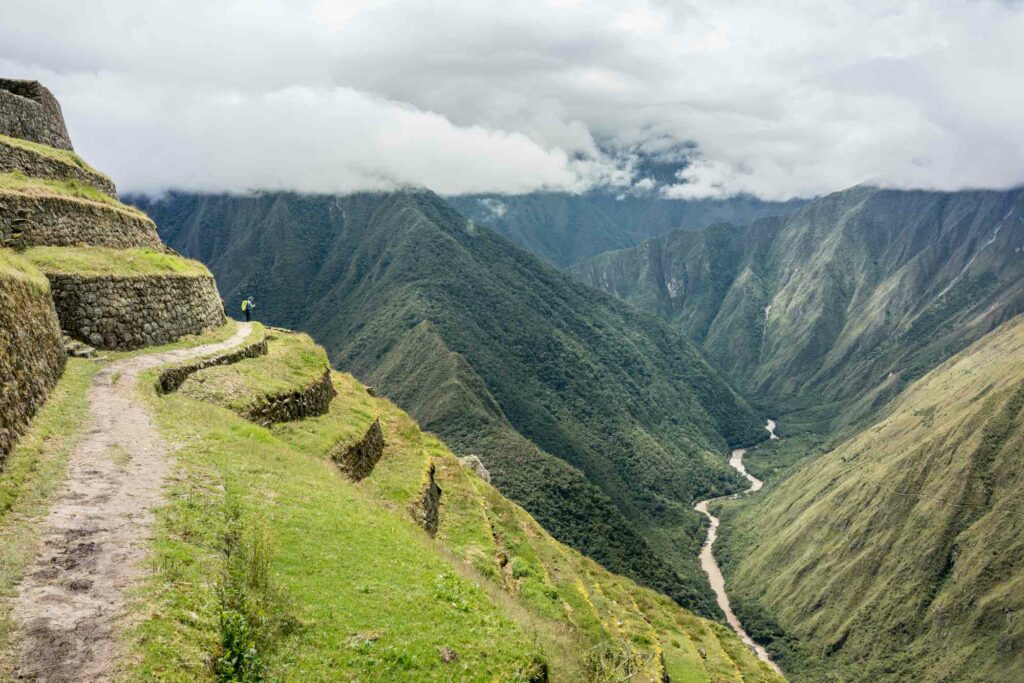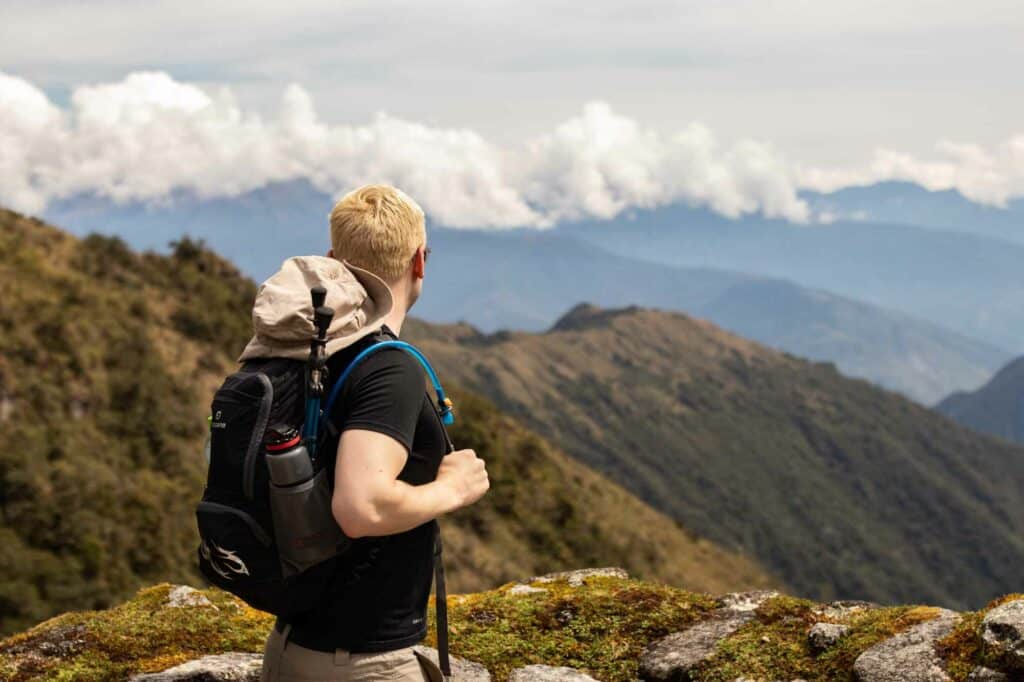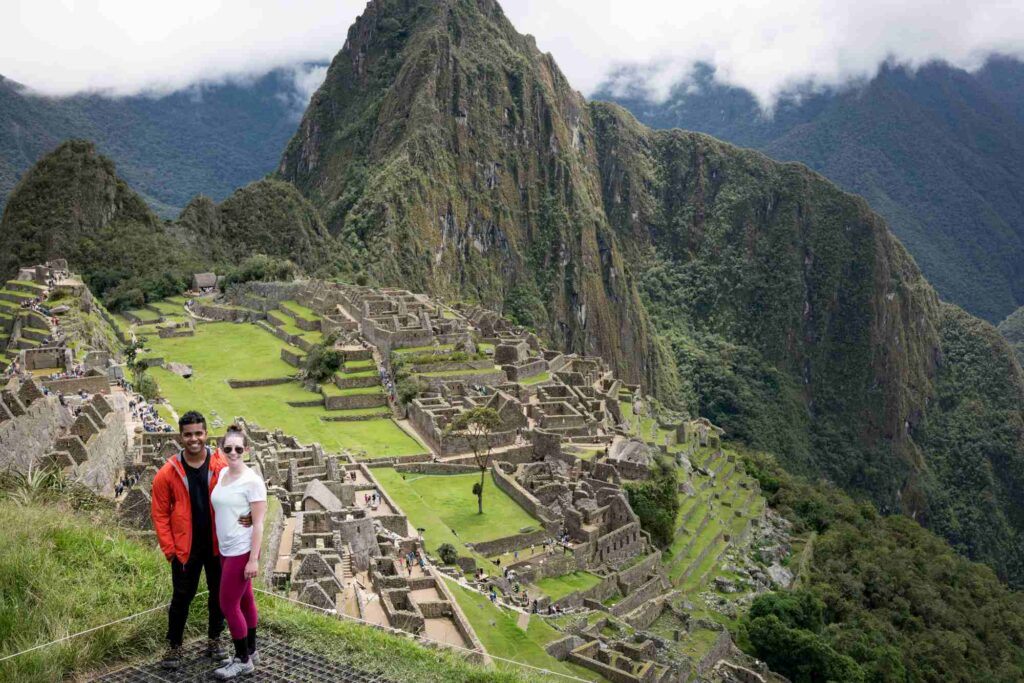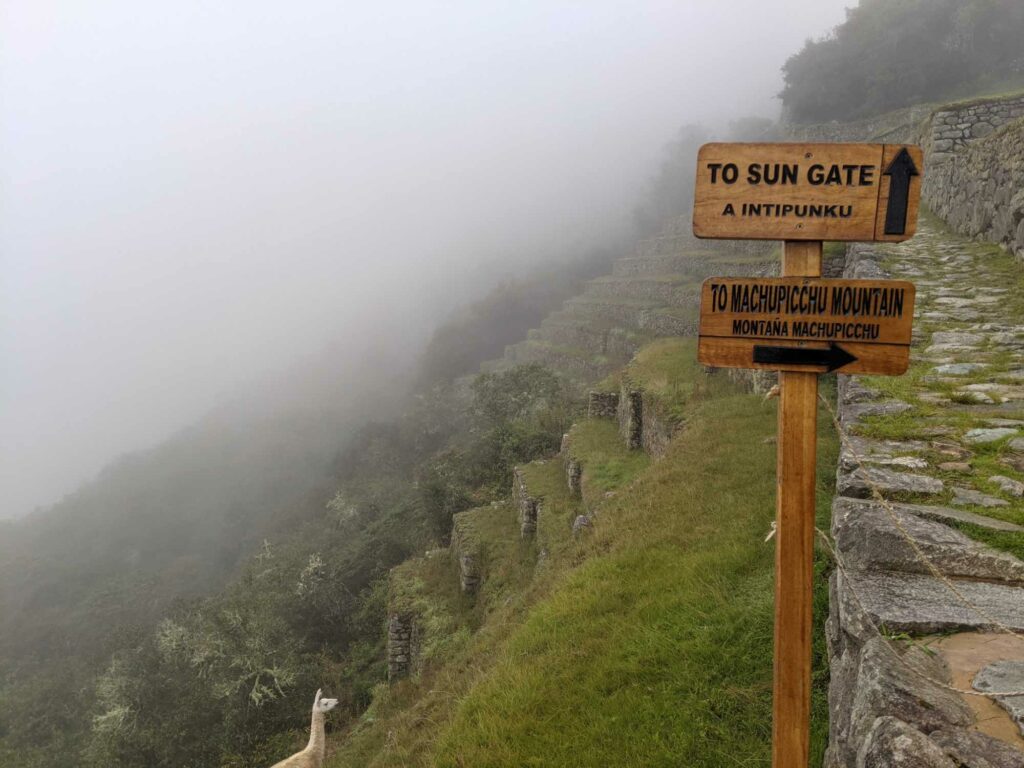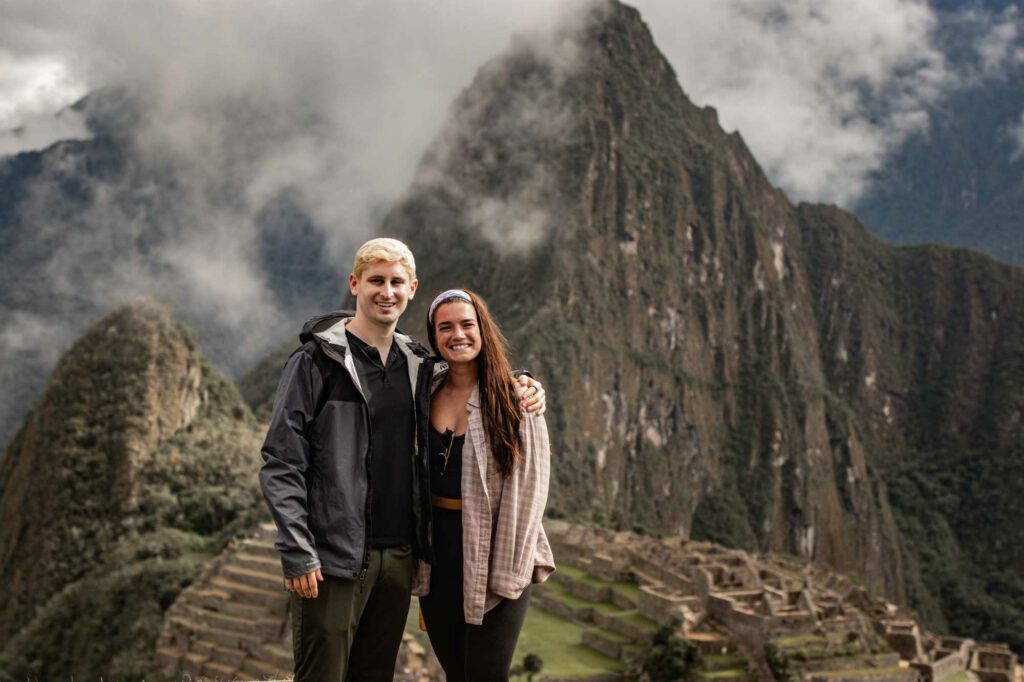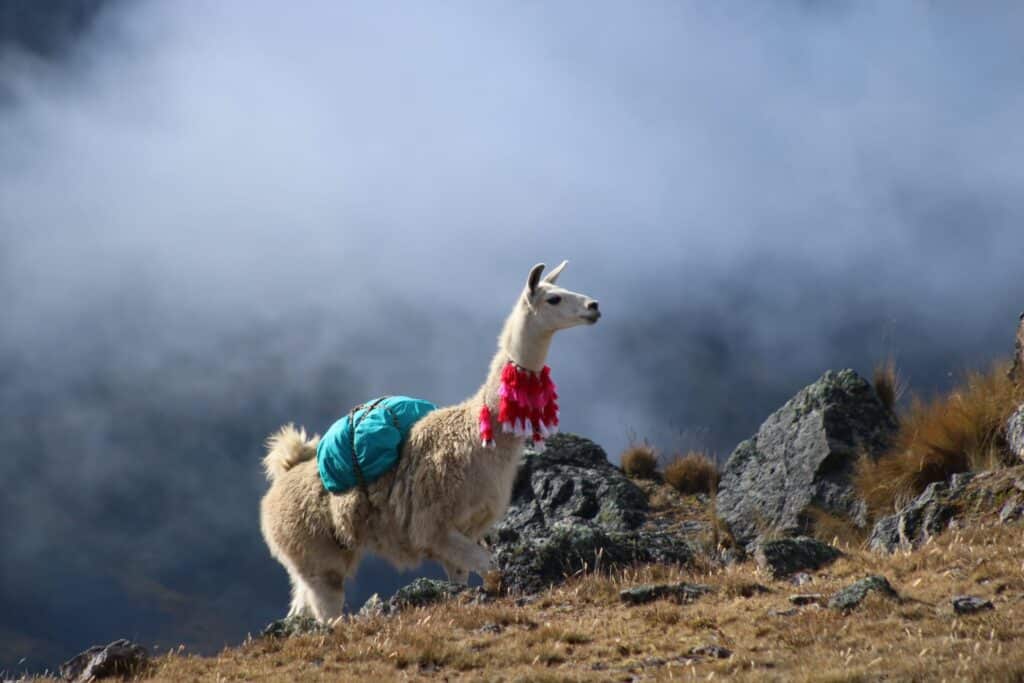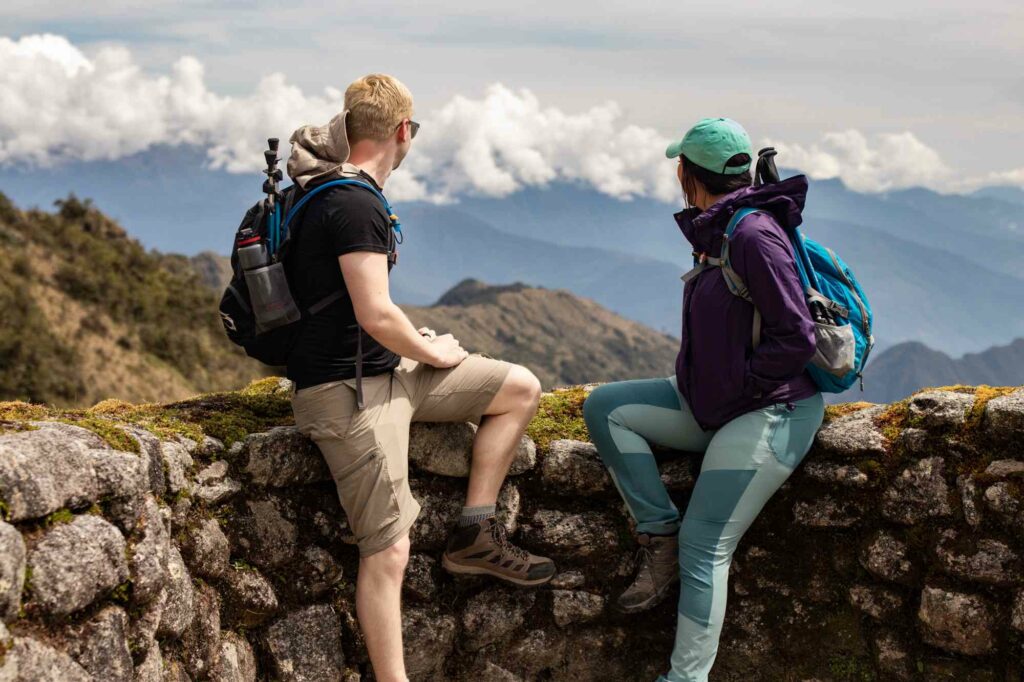Everything You Need to Know About Hiring a Porter on the Inca Trail
Are you interested in hiking the Inca Trail to Machu Picchu? If so, you’ll need to hire a porter! In this blog post, we will explain everything you need to know about hiring a porter on the Inca Trail. We will cover topics such as how the new law regulating porters work, how you can help porters, what kind of food and accommodations are available for them, and how much tip to give them. We will also discuss how long it takes to hike the Inca Trail with a porter. So whether you’re planning your own trek or are just curious about what goes into hiring a porter, read on for all the information you need!
What is the Inca Trail to Machu Picchu?
The Inca Trail is an ancient pathway that winds its way through the Andes Mountains of Peru. It was used by the Incas to connect their settlements and eventually led them to Machu Picchu, one of the world’s most renowned archaeological sites. The trail is approximately 25 miles long and can take three or four days to complete, depending on how fast you walk and the difficulty of the terrain.
Due to the physical demands of hiking the Inca Trail, hiring a porter is essential for many trekkers. Unlike standard tour guides, porters are hired to carry all your personal belongings during the trek – from tents and sleeping bags to food and water. In addition to being knowledgeable about the local area, they can also help with navigation and provide first aid if necessary.
What is a porter and what do they do on the Inca Trail?
A porter is a person who is hired to carry the personal belongings of trekkers during their journey on the Inca Trail. This includes items such as tents, sleeping bags, food, and water. They are also knowledgeable about the area and can help with navigation and provide first aid if necessary.
Porters play an essential role in making the trekking experience more enjoyable and safe. They carry the burden of heavy equipment for you so that you can focus on taking in all the incredible sights along the way. Additionally, they provide valuable insight into the local culture and history of Peru.
The New Inca Trail Law of 2023
The new Inca Trail Porter Law N° 27607 of 2023 ensures that porters are provided with adequate health insurance plan, AFP (pension fund), and provide an accident insurance policy food, water, rest, and medical care. It also obliges companies to provide their porters with appropriate clothing and equipment for the trek. Furthermore, all workers must be given a minimum wage of $ 48 per day (or its equivalent in Peruvian Sols) as well as an additional fee for each kilogram that they carry on the trail.
How much is the payment that the porters receives?
Porters on the Inca Trail are entitled to an average payment of US$45 per day. This amount is often supplemented by an additional bonus for each kilogram that they carry, usually ranging from US$0.50 – US$1.00 per kilogram. In addition to this daily wage, trekking companies may also provide porters with food, water and other equipment needed for the trek.
It is important to remember that tipping your porter at the end of the trek is encouraged but not mandatory. The standard amount is US$15 per day but you can always give more if you feel like they have provided exceptional service.
Salary of porters and trekking cook:
Trekking Chef: 8 hours + AFP (Pension Fund)
- Per Trip: S/ 717.60
- Per Month: S/2152.80
- Health Insurance: S/193.75
- Life Insurance: S/ 55.00
- Work risk insurance: S/ 60.00
Total per Month: S/2461.00
Trekking Porters: 8 hours + AFP (Pension Fund)
- Per Trip: S/ 552.00
- Per Month: S/ 1656.00
- Health Insurance: S/ 149.00
- Life Insurance: S/ 55.00
- Work risk insurance: S/ 60.00
Total per Month: S/1915.00
What can you do to help porters on the Inca Trail?
You can help ensure that your porter is treated fairly by offering them a generous tip at the end of the trek. The standard tipping amount is US$15 per day, but you can always give more if you feel like they have provided exceptional service. You should also be mindful of the weight you are asking them to carry. Be sure to bring only necessary items and pack your gear as efficiently as possible.
Furthermore, it’s a good idea to check in with your porter throughout the trek and make sure they have access to basic facilities such as tents, sleeping bags, blankets, and cots. Trekking companies also usually provide food for their workers at the end of each day. Meals usually consist of traditional Peruvian dishes such as potatoes and rice, with the occasional addition of meat or fish.
How much time does it take to complete the Inca Trail with a porter?
The duration of the trek depends on the number of days you plan to spend on the trail. Most people opt for a 4-day trek, which includes stops at important archaeological sites such as Machu Picchu and Ollantaytambo. On average, it takes 8-10 hours to hike each day with a porter, so a 4-day trek will take 32-40 hours in total.
There are different routes and they are:
Alternative trek to the Inca Trail tours
How does the law regulate the work of the Inca Trail porters?
The new Inca Trail Porter Law of 2023 ensures that porters are provided with adequate food, water, rest, and medical care. It also obliges companies to provide their porters with appropriate clothing and equipment for the trek. Furthermore, all workers must be given a minimum wage of $25 per day (or its equivalent in Peruvian Sols) as well as an additional fee for each kilogram that they carry on the trail.
Porters on the Inca Trail are entitled to an average payment of US$45 per day. This amount is often supplemented by an additional bonus for each kilogram that they carry, usually ranging from US$0.50 – US$1.00 per kilogram. In addition to this daily wage, trekking companies may also provide porters with food, water and other equipment needed for the trek.
The Porters is entitled to the following minimum conditions:
- To the endowment of food, clothing and adequate equipment for the carrier guaranteed and supplied by the employer, a mandatory lumbago belt must be added.
- Transportation payment from and to the starting point of the expedition, unless otherwise agreed between the worker and the carrier.
- Life insurance paid by the tour operator.
- Load limit: in the case of men up to 20 kilograms and in the case of women up to 15 kilograms, which are supervised by the Regional Directorate of Labor and Employment Promotion
- Travel agencies must ensure that their porters handlers are properly trained in safety procedures.
- Adequate rest and overnight stay during transport, such as a covered roof and others that guarantee life and health care in the face of weather phenomena.
Conclusion
In conclusion, hiring a porter on the Inca Trail can make your trek much more enjoyable and safe. With this blog post, we have provided you with all the information you need to know about finding and hiring a porter on the trail. By following the advice in this post, you can help ensure that your porter has access to employment benefits, such as health insurance, proper food and rest and is treated fairly. So what are you waiting for? Get ready to have the adventure of a lifetime!

Travel New Posts


